Ways to Save Money on Your Heating Bills in Denver-Boulder
As homeowners around the Boulder-Denver metro area start anticipating the coming of spring, the heating bills still keep coming in. In this post we’d like to present an overview of many ways that you can help to keep your heating bills under control during the winter.
Some of these recommendations can be handled DIY, while others may involve a contractor such as our team at Save Home Heat Company or a variety of other local service providers. So, without further delay…
Tips for Cutting Back on Your Heating Bills
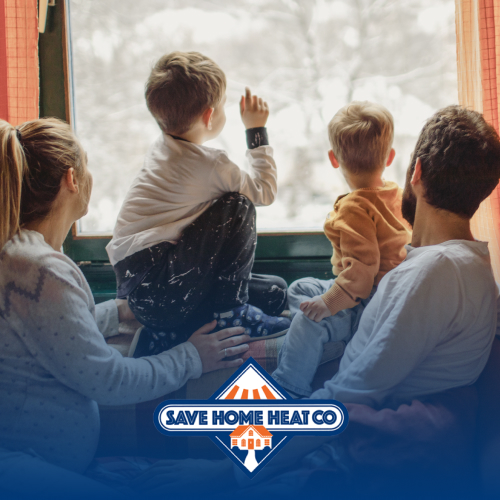
When you’re running the heat pretty much throughout the day, it’s natural to look for ways to cut the fat from your heating bills. And while turning the thermostat down a couple of degrees and bundling up is great, there are a broad range of other options to consider, as well.
As we mentioned above, keep in mind that Save Home Heat doesn’t offer all of the services mentioned below, but we certainly cover lots of ground for our customers in the Denver-Boulder area. When looking for outside assistance, family, friends, neighbors, and sources such as Google are a good place to start looking for local contractor referrals.
Insulation & Air Filtration
In addition to the particulars of your heating system, heat loss and air filtration can have a big impact on your heating bills.
Insulation
Is there adequate insulation in your attics and exterior walls? How about the crawlspace? Should you consult a local professional for a thorough assessment of your home’s insulation and see if there are areas that would make a big difference if upgraded? These are all good questions to ask yourself.

How about insulated shades or curtains? Do you feel significant heat loss, a chill coming from windows that are in good shape? If you have basic blinds, which provide little in the way of insulation, or just bare windows, it might make sense to explore insulated window coverings as a great way to reduce heating bills and improve comfort in priority areas at the same time. DIY and a variety of contractor and supplier options are available for insulated shades, curtains, and related products.
Windows, Doors & More
Windows, window frames, and doors and door frames are areas around the home that are notorious for developing air leakage as time goes by. High quality weatherstripping, door sweeps, and interior and exterior caulking applications are some of the common ways that heat loss can be significantly reduced thru the proper use of materials that are the right fix for your home. There’s lots of information on these products and their use to be found in local hardware stores, as well as online.
If your doorway and window heat loss is significant, pointing toward the actual windows and doors themselves as the culprits, it might make sense to look at investing in the installation of storm windows and doors – or possibly consider upgrading your primary windows. This latter option, in particular, is not an inexpensive proposition, not one to be rushed into.
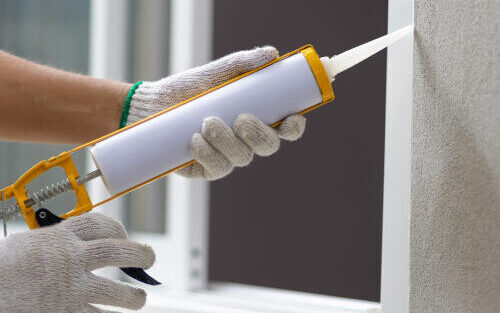
Another area worth looking at closer, if you have one, are fireplaces. If you have a fireplace that simply relies on a built-in damper to prevent air from being sucked up the chimney and out of your home, this is likely an area of consistent heat loss that should be addressed. Glass doors custom fit for your fireplace are a common way to create more of a barrier to reduce heat loss, but unfortunately, these can be kind of pricy. It may be worth exploring other options that may be available to close off the front of your fireplace when it’s not in use. Handyman, anyone?
Heating
Many aspects of your home’s heating system can have a big impact on how it performs and what you spend to stay warm this time of year.
Operating Your Heating System & Routine Maintenance
Routine annual maintenance for your heating equipment, whether it’s a furnace, boiler, central or mini-split heat pump, or more, is crucial. Keep your heating bills as low as possible, help ensure your safety, enhance your comfort levels, and protect your long term investment, just for starters.
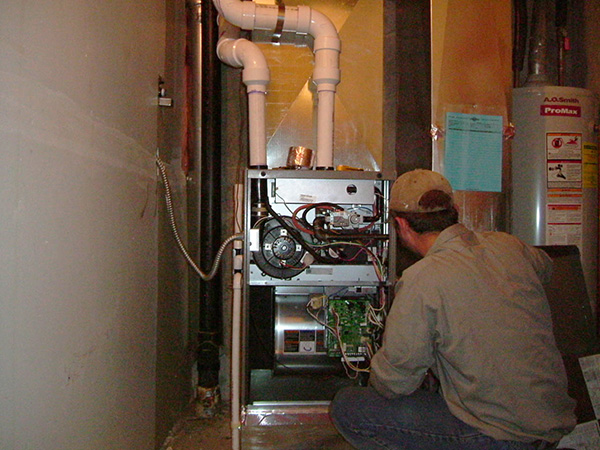
Most homes these days have programmable thermostats. Make sure you understand how they operate and program them to achieve maximum savings without overtaxing your system or putting your home in danger of freezing. A nighttime or ‘away’ setback temperature range of approximately 58 to 65 degrees F is not uncommon for many families, but we urge you to consult your trusted HVAC contractor on temperature settings that make sense for your specific home and circumstances.
Other tips for controlling your heating bills with a programmable thermostat include:
- Try not to start/stop/restart your heating system frequently, as this can lead to inefficient system operation
- For homes heated by a hot water boiler, with separate heating zones, turn down (i.e. set back) the temperature settings in areas that aren’t in use
Important Filter Maintenance, and Grilles & Registers Considerations
If your home is heated by a furnace or air handler, make sure to replace or clean the air filters regularly throughout the season. Give your furnace the ability to do its job as well as possible, as affordably as possible. This is critical. Once a season is often not enough!
In addition, make sure that the warm air delivery registers are open and unblocked, and that return air grilles are also unobstructed. If they’re dusty, now is a good time to vacuum them to keep that dust from blowing around the house. If you’re interested in having your ducts vacuumed, our team at Save Home Heat can refer you to reputable specialty contractors in the Boulder-Denver area.
Lastly, don’t start closing supply registers around your home in order to help direct warm air to the rooms where you want it the most. This could create additional stress on the furnace and potentially create issues you didn’t anticipate ($$$). Ask our team for advice first; the best time to ask would be when we come out to perform annual maintenance for your furnace or AC system.
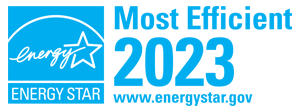
Take Advantage of Solar Gain!
As Denver-Boulder area homeowners, we can take advantage of significant solar heat gain whenever our plentiful sunlight is out there. Open and close shades, blinds, and curtains around your home throughout the day to make best use of the sunshine and retain as much warmth as possible at the end of the day. Essentially, this means you’re tracking the sun as it moves around your home and taking advantage of its orientation to help heat your home.
Equipment Upgrades & Complementary Systems
Are your heating bills too high, or is system reliability an issue? Do you have an inefficient, older furnace or boiler that makes sense to think about upgrading? If this is the case, there’s a range of quality upgrades available that can noticeably reduce your heating bills and also improve comfort levels.  Take your time exploring options that may include efficiencies up to 99% AFUE, variable-capacity and 2-stage operation, central and mini-split heat pump systems, and more.
Take your time exploring options that may include efficiencies up to 99% AFUE, variable-capacity and 2-stage operation, central and mini-split heat pump systems, and more.
In some cases, the addition of a central humidifier to a system that’s otherwise doing fine can make a big difference. We’ve found that homeowners who add a quality central humidifier to their system are often able to achieve equivalent comfort levels while turning down the thermostat 2 or 3 degrees. Lower thermostat setting = savings!
An equipment upgrade that’s steadily gaining followers are infrared radiant cove heaters, which afford great comfort levels and allow you to create independent heating zones in your home – this is another type of zoned system that allows you to prioritize your heating expense where it’s most needed. Radiant cove heaters are a more electrically efficient, safer, and more comfortable alternative to standard electric baseboards, and a big upgrade from portable space heaters that might be getting overused.
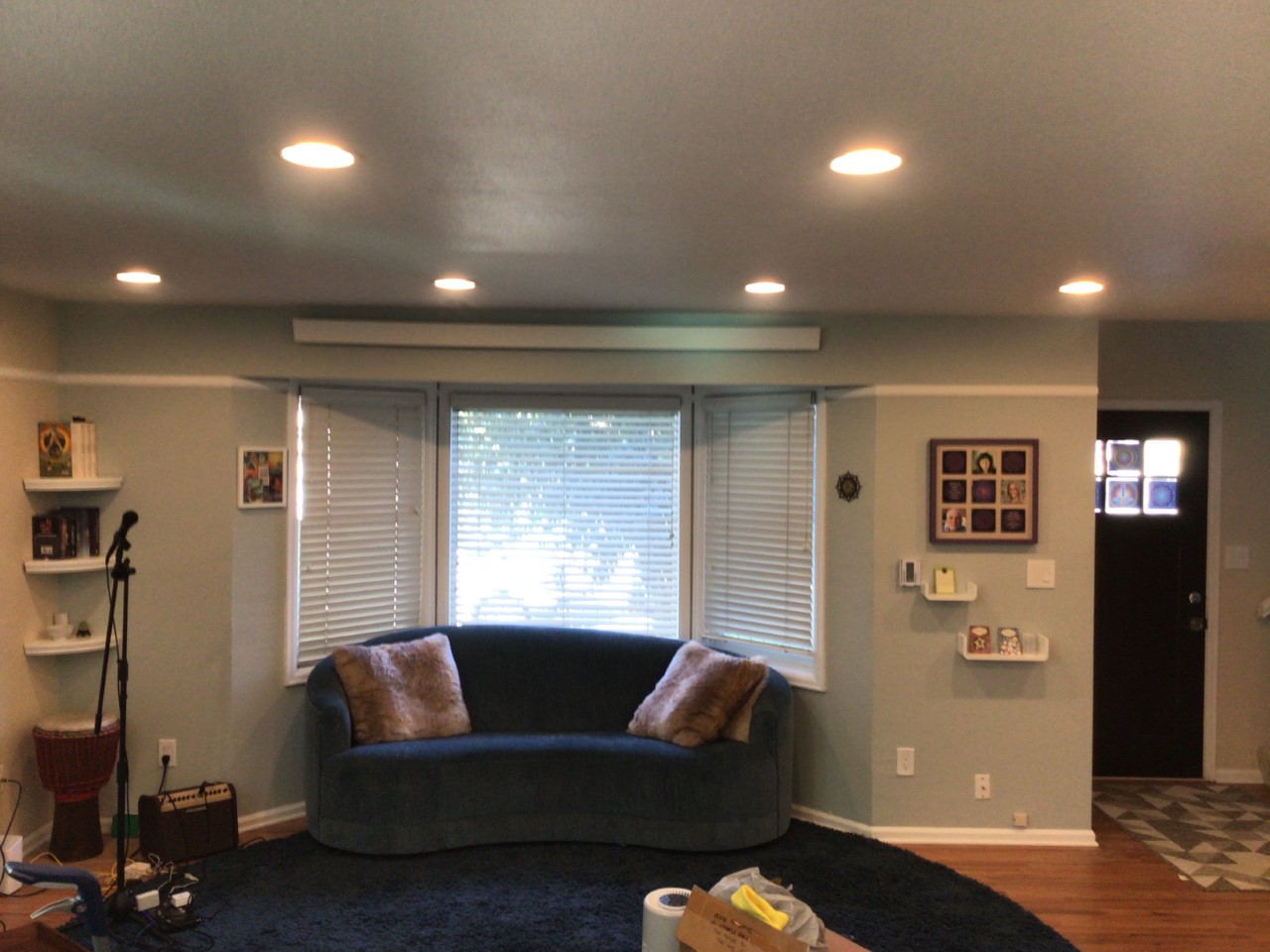
Lastly, we’d be remiss if we didn’t also mention ceiling fans, which continue to be popular for rooms with high or vaulted ceilings. In a nutshell, Casablanca-type ceiling fans help you direct warm air in a room where it will do you the most good, another way to help you to keep tighter reins on the thermostat setting. They’re great for cooling season, too!
Domestic Hot Water – Your Water Heater!
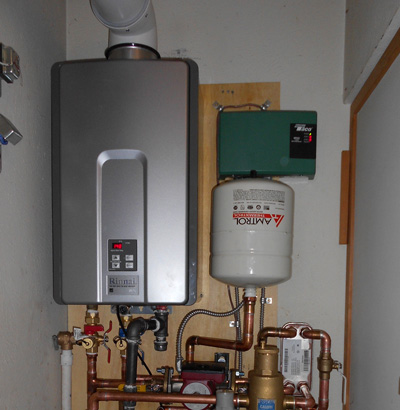
Not to be forgotten in the conversation about saving on home heating bills is your energy usage and expense for domestic hot water for things like washing dishes, showering, washing hands, brushing your teeth, and more. While your water heater typically uses much less gas or electricity compared to a furnace or boiler, it is nonetheless a significant energy consumer in your home.
Let’s look at some ways you can save money on your domestic hot water bills:
- Make sure the temperature setting on the water heater thermostat isn’t set higher than you need. A little advice from a professional plumber or an online tutorial should help get you started.
- For tank-type water heaters, consider adding an insulation blanket (found at many hardware and home improvement stores) to the heater’s exterior, where the tank is located. For standard tanks, this is usually the upper 2/3 of the unit. Installing a water heater insulation blanket must be done very carefully and securely in order to make sure the blanket can’t slide down. This is particularly important for gas and propane units. Follow the manufacturer’s installation instructions to the letter!
- Consider adding pipe insulation to exposed or easily accessible copper hot water delivery pipes.
If your water heater is nearing the end of its lifespan, it might make sense to consider replacing it with a higher efficiency option such as an energy-saver tank model, a tankless water heater, a heat pump unit, 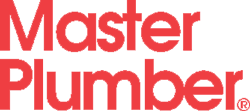 indirect-fired water heater if you have hot water heat (i.e. a boiler). Some models even have onboard controls that allow you to program the temperature setting for when demand is highest, and dial it back for lower demand times.
indirect-fired water heater if you have hot water heat (i.e. a boiler). Some models even have onboard controls that allow you to program the temperature setting for when demand is highest, and dial it back for lower demand times.
Audits & Financial Assistance
In addition to steps you can take as a homeowner to help minimize heating bills, there are some outside resources that may be able to help, as well.
Should I Have an Energy Audit Done for My Home?
Whole-house energy audits are not for everyone, but for some homeowners this could be the best way to help get you started and focus on priority areas. In other cases, directly engaging specialty contractors (such as Save Home Heat) to address areas you’ve already identified may be the more expedient approach. The bottom line is to obtain expert advice on how to best proceed and spend your resources wisely.
In the Denver-Boulder area, it’s worth noting that Xcel Energy has a home energy audit program in place that may be a good fit for your needs. We recommend taking your time and performing your due diligence when exploring your home energy audit options.
Financial Assistance for Energy Efficient Upgrades
Financial assistance may be available from the state of Colorado for income-qualified homeowners (the income parameters are not as tight as some people might expect).
This assistance can be used for qualifying insulation, weatherization, energy audit, heating, and a range of other home energy upgrade work.
Your Heating Experts in the Denver-Boulder Metro Area
 In the Boulder-Denver area, please reach out to our team at Save Home Heat Company today if we can assist you with any of the products or services mentioned above that fall under our heating, hot water, IAQ, plumbing, and electrical umbrella.
In the Boulder-Denver area, please reach out to our team at Save Home Heat Company today if we can assist you with any of the products or services mentioned above that fall under our heating, hot water, IAQ, plumbing, and electrical umbrella.
Please contact me today to schedule a service call, or a free, low-pressure install quote!



